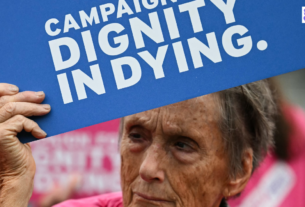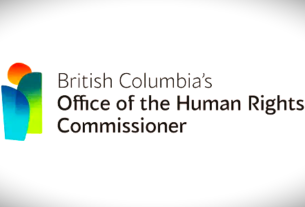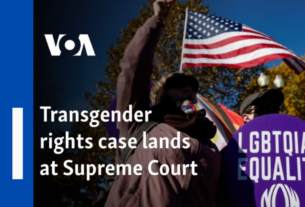Equalities Minister Kemi Badenoch is facing a wave of criticism after admitting she does not speak to women wearing burqas during her constituency surgeries. The remark, made during a recent interview, has sparked fierce debate across political and community lines, with many questioning whether it reflects discriminatory behavior or a broader concern about communication and transparency in public service.
Badenoch, a senior Conservative figure and MP, said that she refrains from engaging with constituents who wear face coverings that obscure their identities. She explained that her policy is based on the belief that open, visible communication is essential during official meetings, especially when discussing sensitive personal or policy matters. Her comments, however, have triggered backlash from civil rights groups and community leaders who argue that such a stance risk alienating Muslim women and sends a troubling signal about inclusion in democratic spaces.
Defenders of Badenoch argue that elected officials have the right to set boundaries that ensure clear and respectful dialogue. They emphasize that issues of facial visibility are not necessarily rooted in prejudice, but in practical considerations, especially for MPs handling casework that involves identity verification or safeguarding concerns. Still, even some supporters acknowledge the sensitivity of the issue and the need for a more inclusive tone when discussing religious and cultural attire.
Muslim advocacy organizations have condemned the minister’s remarks, calling them divisive and dismissive. One prominent group described her comments as “deeply alienating” and said they risk discouraging Muslim women from seeking help or engaging with their elected representatives. Others have questioned whether this approach is consistent with her role as Equalities Minister, a position meant to uphold the rights of all individuals, regardless of faith or dress.
Opposition MPs have called for clarification from the government, with some accusing Badenoch of perpetuating stereotypes and undermining efforts to build trust in minority communities. Labour and Liberal Democrat representatives have urged the Prime Minister to affirm the government’s commitment to religious freedom and respectful engagement.
While Badenoch has not retracted her statement, her office released a short note emphasizing her commitment to fairness and equality. The controversy has reignited debate over religious expression, integration, and the role of public officials in navigating cultural differences. Whether this sparks policy changes or fades as a media flashpoint remains to be seen, but for many, the damage to trust may already be done.




